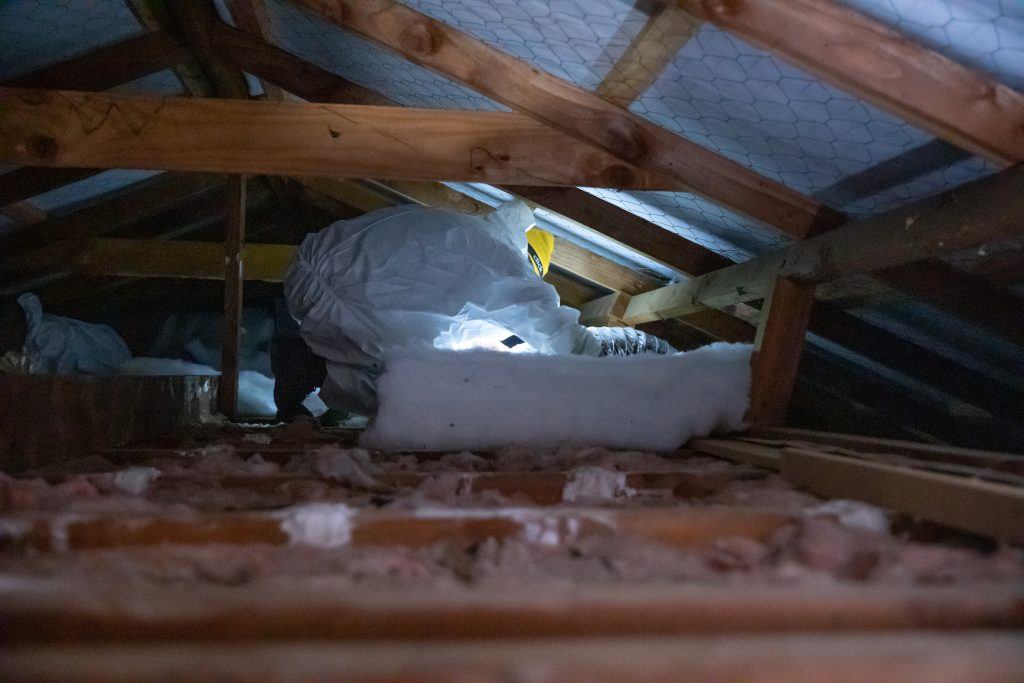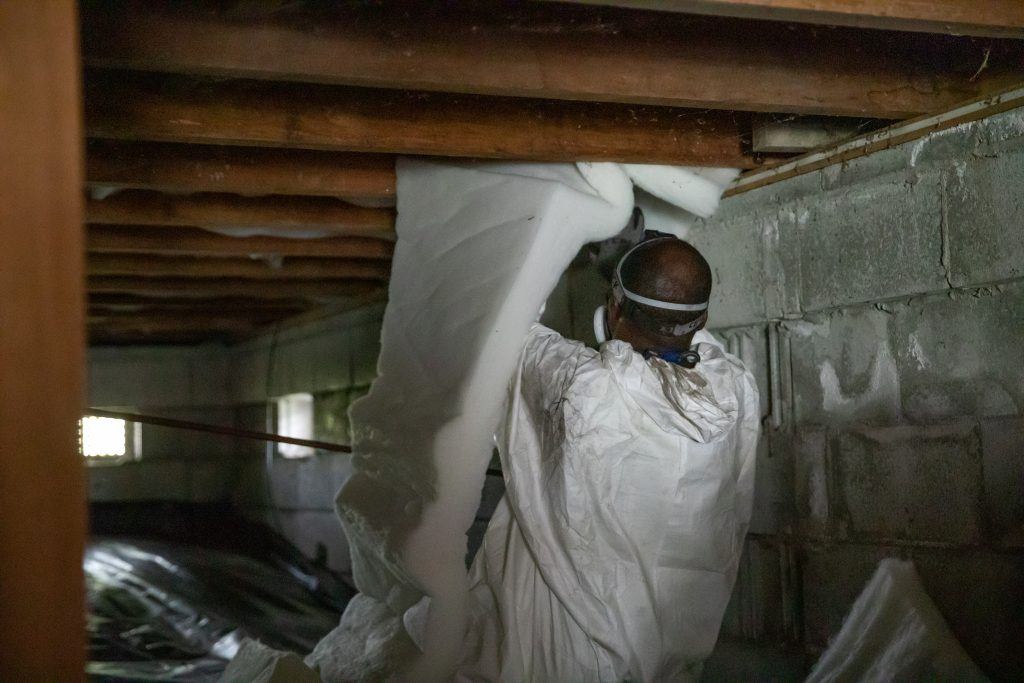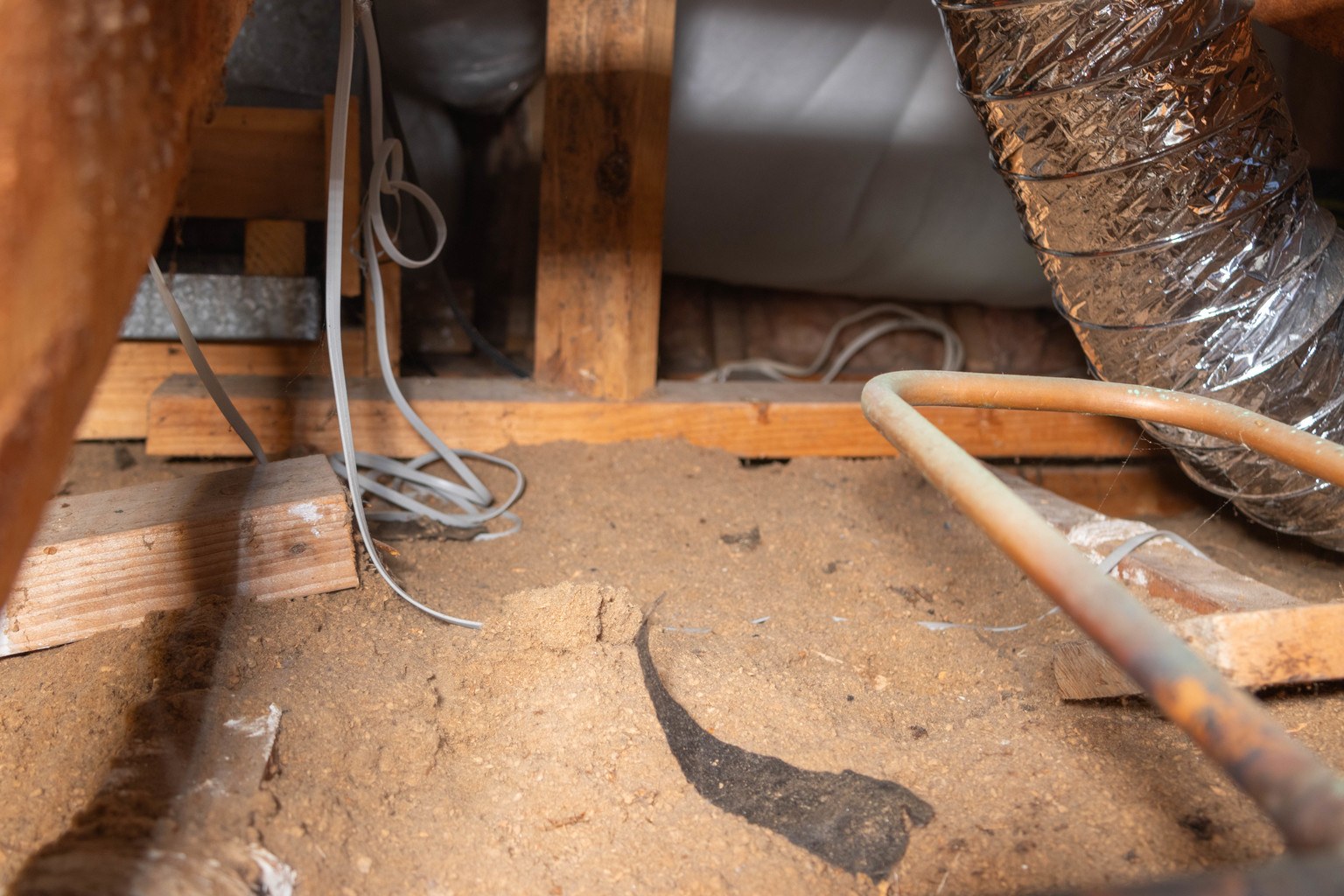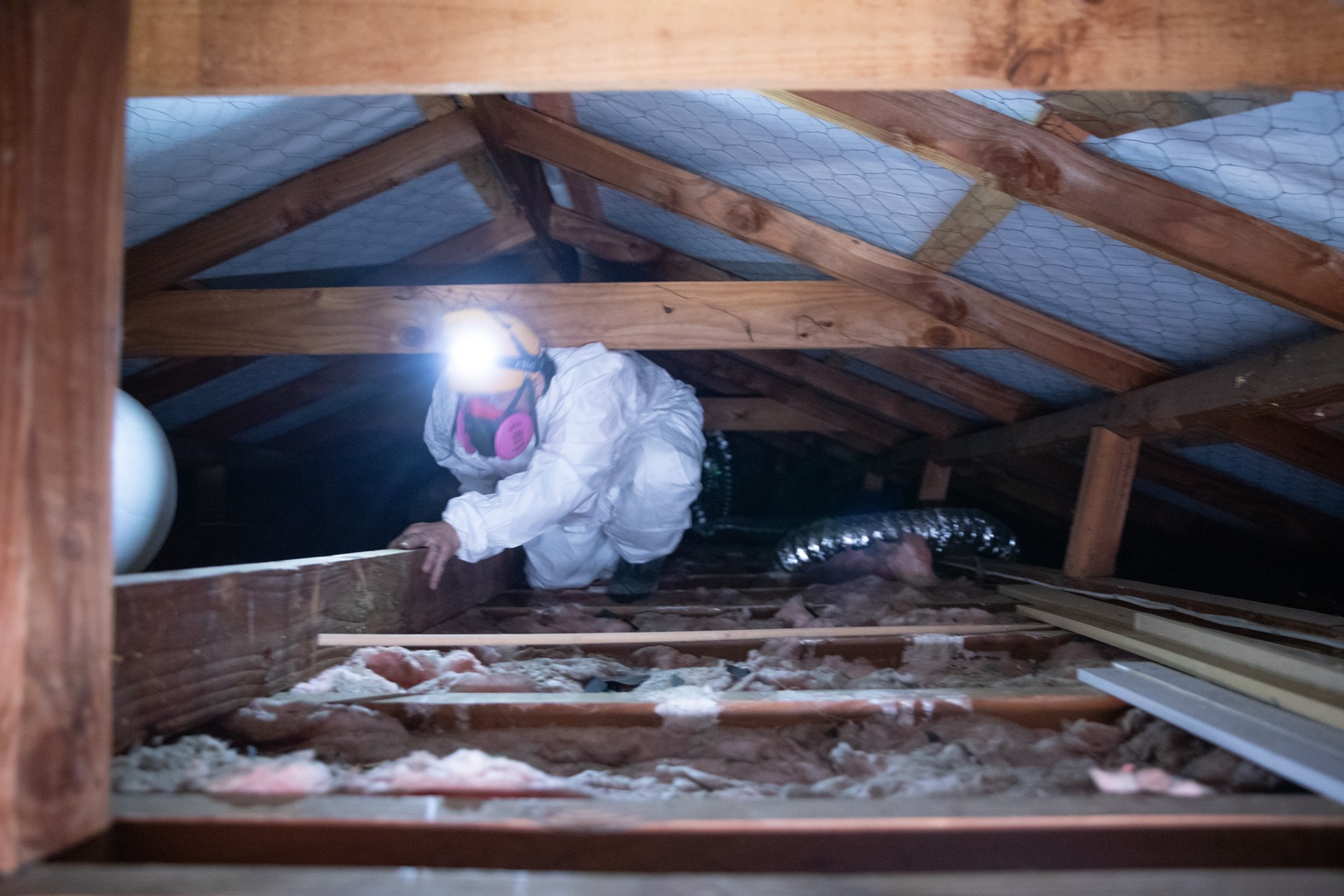Insulate your exisiting home
Unlock energy efficiency, comfort and a healthier, drier home.
Transform Your Home with Insulation that Lasts
Give your home a second chance to be comfortable, energy-efficient, and healthier with our Retrofit Insulation solutions. Upgrade your insulation to enjoy lower energy bills, a warmer and peace of mine for years to come.
Why Retrofit your home with insulation?
Improved Home Comfort
Well-insulated homes often feel fresher and more pleasant, keeping dampness, mould, and allergens at bay. Retrofit insulation is an ideal way to create a healthier, more resilient home.
Insulation helps maintain a stable and comfortable indoor temperature throughout the year by reducing heat loss in winter and preventing heat gain in summer.
Reduced Energy Bills
An insulated home makes it easier to keep comfortable all year round without cranking up the heating or cooling. By slowing down heat transfer, insulation helps keep the warmth in during winter, and the heat out in summer. This means your systems won’t have to work as hard, saving energy and lowering those power bills – adding up to an average of $560 in savings each year.
Retrofit Process – What happens next?
Schedule Your FREE Home Assessment
Get in touch with us to book a no-obligation home assessment, where our experienced assessors will take a closer look at your home’s current insulation. They’ll check whether you just need a ceiling top-up or if there are areas needing new insulation altogether whether that’s in your ceiling or underfloors.
Personalised Quote & Finance options
Once we know what your home needs, we’ll provide a clear, itemised quote, breaking down the recommended insulation upgrades. We understand that home improvements are an investment, so we offer flexible finance options to make it even easier to get your home insulated.
Professional Installation by Premier Installers
Our skilled installation team will work around your schedule to fit your insulation, ensuring every corner is covered for maximum comfort and efficiency. We take pride in a smooth, respectful installation process, treating your home with the care it deserves.
Frequently Asked Questions
A well-insulated home will provide year-round comfort, and cost less to heat and cool. Insulation also helps to reduce noise levels and condensation. Not only is a well insulated house more comfortable, it can be cheaper to heat, have less mould and mildew, and be less conducive to allergy-aggravating dust mites, leading to fewer respiratory illnesses and a healthier living environment.
On average, in an uninsulated home, 30-35% of heat loss is through the roof, while 12-14% is through the floor.
There are instances where our installers may not be able to access certain areas of your home for insulation. For example, if there is insufficient space under the floor or in the ceiling, these areas may be inaccessible. Structural barriers, existing fixtures, or safety concerns can also limit access to some parts of your home. However, we are committed to finding the best possible solutions for your insulation needs. If certain areas cannot be insulated, we will provide alternative options to enhance your home’s overall thermal efficiency.
The R Value is a measure of the insulation’s effectiveness – the higher the R Value, the better the insulation will perform. This measurement is crucial for maintaining consistent indoor temperatures, reducing the need for additional heating or cooling, and ultimately improving energy efficiency. Different areas of a home require varying R-values. For instance, in New Zealand, external walls typically need an R-value between R2.2 and R2.6, suspended floors should have a minimum of R1.3, and roofs often range from R3.3 to R6.6 depending on the region.
Retrofitting wall insulation can be challenging due to limited accessibility and the need for building consent. Unlike ceilings and underfloors, walls require invasive methods such as removing internal linings, which can be disruptive and costly. Additionally, improper installation can lead to moisture issues and structural damage. The best time to insulate walls is during major renovations, like replacing cladding. In the meantime, insulating your ceiling and underfloor can significantly improve your home’s energy


Is your house insulated? Let’s take a look
What an insulated ceiling and underfloor looks like
Insulated Ceiling
An insulated ceiling typically involves materials like Glasswool, 100% Polyester, or
other high-R-value insulations fitted snugly over the ceiling joists. Glasswool insulation, for example, is commonly used in New Zealand due to its cost-effectiveness higher R-values. 100% Polyester Insulation is rising in popularity due to its ease of installation and sustainability properties. 100% Polyester Ceiling Blanket is an easy option that fits over the joists and existing insulation, which allows you to have better thermal performance.
Insulated Underfloor
Underfloor insulation often involves using 100% polyester insulation, which is moisture and vermin-resistant, making it ideal for installation in exposed floor joists. Polyester insulation is easy to handle and does not require tricky handling or trimming to fit, resulting in a clean and straightforward installation process. The insulation is simply stapled into place between the joists without the need for clips or tape. This type of insulation is durable and maintains its effectiveness over time.
You and your family deserve a warm, dry and healthy home throughout the year. Don’t throw on another jersey to beat the cold, get your home insulated.
Say Hello
Our team of local experts are always on hand to provide personalised advice and support for all your insulation needs. Whether you’re a homeowner, builder, or property manager, we’re here to help you create a warm and energy-efficient environment.
P. 0800 467 855
Locations Resource Centre


